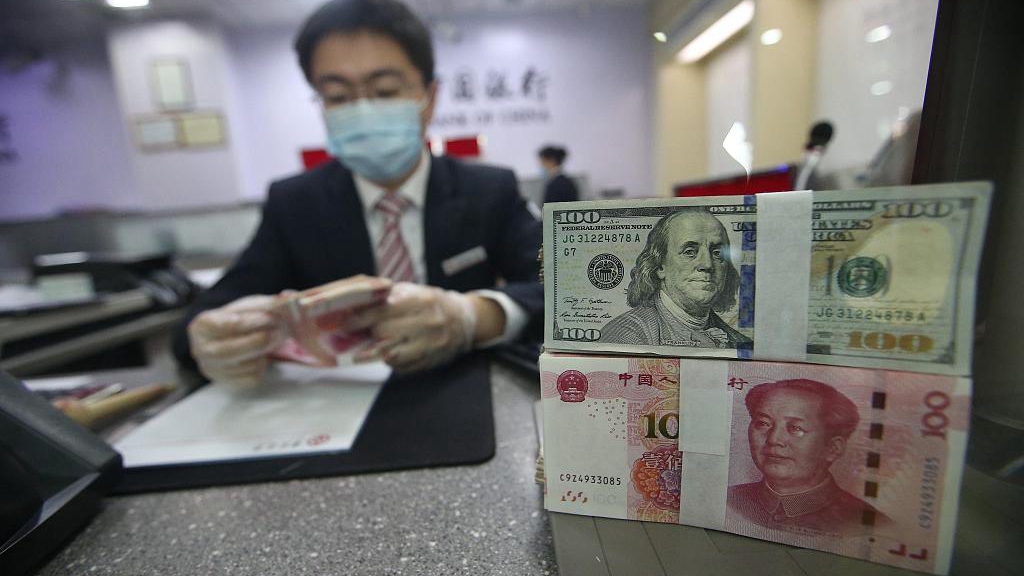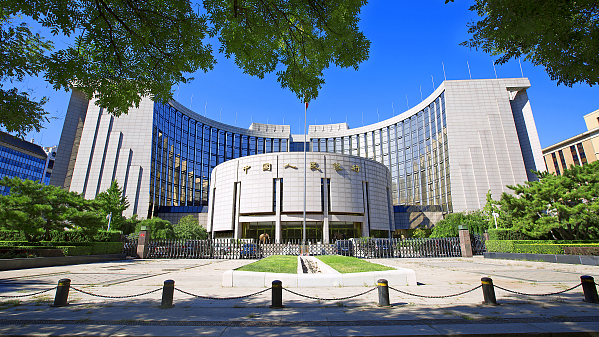
A Bank of China employee counting bank notes. /CFP
A Bank of China employee counting bank notes. /CFP
As China keeps boosting the internalization of the Chinese yuan (RMB) and further opening up its capital and financial market, global investors are expecting the yuan to play an increasingly important role in the global market.
Last week, Deutsche Bank announced its latest plan to issue panda bonds in the China Interbank Bond Market (CIBM). The panda bonds are yuan-denominated debts sold by overseas issuers to meet financing demand. The bank said it has formally submitted an application to the People's Bank of China (PBOC), the country's central bank.
"Our first panda bond issuance in the CIBM comes in a time where China and Germany are celebrating the 50th anniversary of the establishment of diplomatic ties," said Zhu Tong, the German bank's China chief country officer. She added that the issuance reflects the bank's confidence in the future of China's capital and financial market, as well as the prospect of yuan as a global currency.
Deutsche Bank's Chief Executive Officer Christian Sewing joined the business delegation led by Chancellor Olaf Scholz when the German leader visited China earlier this month.

The People's Bank of China headquarters. /CFP
The People's Bank of China headquarters. /CFP
According to a speech given last Saturday by Yi Gang, governor of the PBOC, China will step up "financial support for the real economy and maintain a prudent monetary policy." He also said the country will continue to deepen financial reform and opening-up, in addition to actively tackling financial risks.
Data from the PBOC's RMB internationalization report launched in September indicates that overseas entities held 10.83 trillion yuan (about $1.5 trillion) in RMB-denominated stocks, bonds, loans and deposits at the end of 2021, rising 20.5 percent year-on-year.
"Our bank's official data shows that more than 70 percent of surveyed overseas enterprises indicated that they would consider using RMB for financing, encountering tight liquidity of international currencies such as the USD and the euro," Wang Ran, senior analyst with Agricultural Bank of China's Investment Banking said.
Regarding foreign industrial and commercial enterprises using the RMB for trade financing, their 2020 and 2021 surveys demonstrated that the level of interest rates and the cost of controlling the exchange rate risk of the RMB against their respective domestic currencies were the two main factors that were most concerning, Wang added.
(Cover photo via CFP)